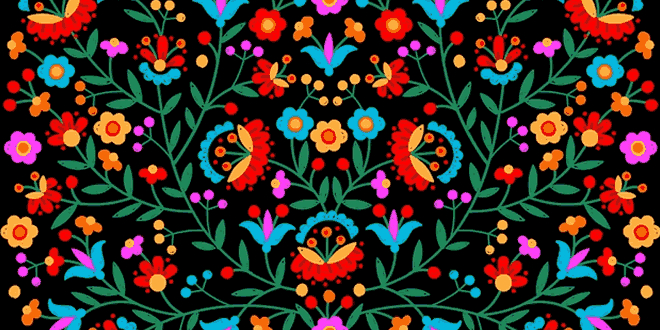
Textile design is the art and process of creating designs and patterns for fabrics, which are used for a variety of applications such as clothing, upholstery, and home decor. Textile designers use a range of techniques and tools to create patterns and designs that are suitable for different types of fabrics, including weaving, printing, and dyeing.
A textile designer may create designs for a variety of purposes, from high-fashion clothing and accessories to everyday items like towels and bed linens. They may also work with different types of fabrics, such as cotton, silk, wool, and synthetic fibres, and consider the qualities and properties of each fabric when creating designs.
Textile design involves both creative and technical skills, including drawing, painting, and digital design software, as well as knowledge of fabrics, colours, and printing techniques. Textile designers may work independently as freelancers or for companies in industries such as fashion, home decor, and textiles.
To become a successful textile designer, you need a combination of creative, technical, and business skills. Here are the top 10 skills and qualities you need to become a textile designer:
Creativity: As a textile designer, you need to be highly creative and have the ability to generate original ideas and designs.
Strong Design Skills: You should have a strong understanding of design principles, colour theory, and composition.
Attention to Detail: You must be detail-oriented and have the ability to work with precision.
Technical Skills: You need to have knowledge of various textile manufacturing techniques, such as weaving, printing, and dyeing.
Knowledge of Fabrics: You must have a deep understanding of different types of fabrics, their properties, and how they can be manipulated.
Trend Awareness: You need to stay up-to-date with the latest fashion trends and be able to anticipate future trends.
Communication Skills: You must have excellent communication skills to work effectively with clients, manufacturers, and colleagues.
Time Management: You should be able to manage your time effectively to meet project deadlines.
Business Skills: You need to have basic business skills such as budgeting, pricing, and marketing.
Persistence and Resilience: You must be persistent and resilient in the face of rejection or setbacks, and be able to keep working to improve your skills and achieve success.